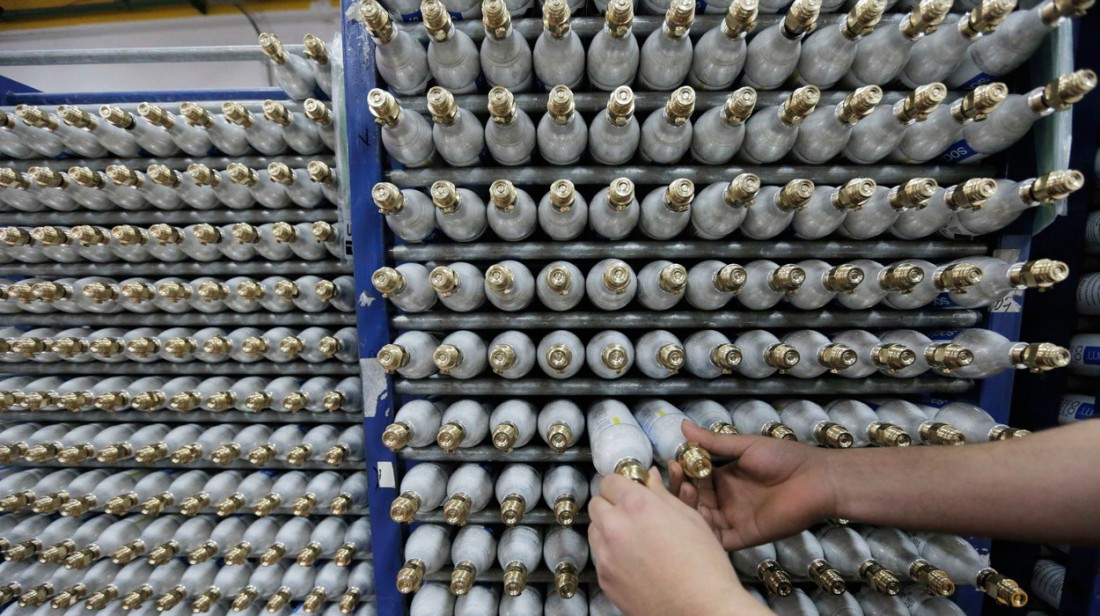SodaStream and Israeli occupation
On ideology and the complicated road to peace
Last weekend, Hollywood actress Scarlett Johansson drew the ire of pro-Palestinian groups after appearing in a commercial for Israeli company SodaStream. Though the ad was completely innocuous – SodaStream manufactures home carbonation systems – the 29 year-old was condemned for her support of the company which operates its principal manufacturing facility in Ma’ale Adumim: the third largest Israeli settlement in the West Bank considered illegal under international law.
SodaStream has been a frequent target of boycott, divestment and sanction (BDS) initiatives by organizations claiming the company is directly profiting from the social and geographic dislocation of the country’s Arab population. And they have a point. SodaStream’s largest factory sits on land seized during Israel’s largest expropriation project in the early-1970s. It is viewed as an historic symbol of the dispossession of the Palestinian people and their continued subordination within the state of Israel.
Yet since becoming the first global brand ambassador of SodaStream International Ltd. in early January, Johansson has publicly stated her support of “economic co-operation and social interaction between a democratic Israel and Palestine”. Of the company’s 1,500 employees, about 500 are Palestinian. They receive the same wages and benefits as their Israeli counterparts and earn more than three times the average of Palestinians working in the rest of the country. The factory is a boost to the regions low GDP and high unemployment figures.
SodaStream CEO Daniel Birnbaum maintains the company is “apolitical” and says untrue and manipulative claims have minimized its positive achievements. Boycott and divestment campaigns, he believes, will only hurt Palestinian workers.
Critics, meanwhile, have focused on other details, citing tax benefits enjoyed by industrial companies in Ma’ale Adumim (though such incentives are not unique to the West Bank) and alleged labour abuses ongoing at the factory. Primarily, however, their opposition arises from the illegality of SodaStream’s factory, a point fortified by a rigid ideological position that invariably considers all Israeli actions questionable and nefarious.
While there should be legitimate concern about ongoing and unwarranted Israeli settlements in Palestinian territory, intransigent political agendas on either side of any argument are divisive. They detract from constructive dialogue and reflect the same vehement partisanship which has continued to prevent Israeli and Palestinian peace for over half a century.
SodaStream is a company that by nearly every measure has designed a workplace for the sustained coexistence of rival nationalities. Its factory is not a political project, nor is it an affront to democracy or the self-determination of Palestinians and Arab statehood.
Of course, SodaStream’s efforts to promote co-prosperity can never be construed as rectification for the crimes of the past or the injustices which continue in the present. But if for a moment prejudice is set aside, its project might begin to resemble the embryonic stage of a two-state solution; the kind established through cooperation, not hostile obstinacy.
Harrison Samphir is the Uniter’s senior editor.
Published in Volume 68, Number 20 of The Uniter (February 13, 2014)







